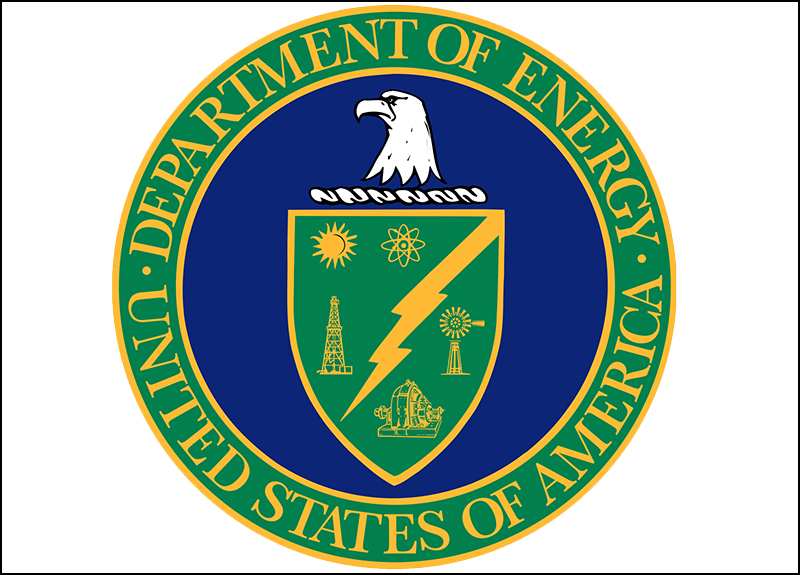An interview with a pioneer scientist in a field of increasing importance: energy
Article originally published in Frontiers in Energy Research, newsletter of the Energy Frontier Research Centers (EFRCs). Emily Weiss is an affiliated faculty member at the Argonne-Northwestern University Solar Energy Research (ANSER) Center, a portfolio center of the Institute for Sustainability and Energy at Northwestern (ISEN).
Emily Weiss has always been interested in physical sciences, but she took an unusual route in becoming a chemist, initially choosing a major in English. While she was doing her major in English, she was flirting with classes in quantum mechanics. The internal conflict of English major and quantum mechanics courses, or vice versa, ended with a win for science!
Weiss, now a professor of chemistry in Northwestern University, Illinois, is a pioneer scientist in a field of increasing importance for our daily needs and industry: energy. She is a principal investigator in two Energy Frontier Research Centers, established by the U.S. Department of Energy to recruit talented scientists in the quest to change energy research.
However, her time majoring in English was far from wasted. The practice she gained in writing during that time came in handy on her path as a scientist, particularly in her more than 100 publications in peer-reviewed journals and numerous proposal writing, where communicating ideas effectively and explaining complex concepts is necessary.
During her graduate studies in light-generated current in molecules at Northwestern University, energy conversion, such as from solar energy to electricity, became an interest of hers. After completing her Ph.D., academia was her favorite career option. She spent three years as a postdoctoral researcher at Harvard University, before going back to Northwestern University as an assistant professor.
Currently a professor, she teaches undergraduate chemistry and is the supervisor of 15 graduate students and a small group of postdoctoral researchers. She has a long list of awards and honors and is involved in the Chemistry Women Mentorship Network.
At the EFRCs, she is involved in the Argonne-Northwestern University Solar Energy Research (ANSER) Center and in the Center for Bio-Inspired Energy Science (CBES). At ANSER, she is looking for more efficient ways to utilize solar energy to produce fuel and electricity. Weiss' team focuses on charge transport between quantum dots, small particles that consist of hundreds of atoms, and molecules to find mechanisms for the conversion of carbon dioxide into liquid fuel.
Her research in CBES is inspired by the functions of living microorganisms and muscle movements. The target is to create artificial materials and microrobots that transport and transform energy in similar ways to living organisms. Weiss and her group are looking for new ways to transport charge and energy in molecules and polymers using “electron ratchets.” A ratchet operates by switching the system between two states—one in which the electrons diffuse uniformly, and the other in which they relax asymmetrically such that the device produces a net current.
What Weiss likes the most about her job is the ability to discover new aspects of a scientific field and to interact with graduate students. She really enjoys talking science with them, and seeing the students develop their own ideas with a topic they discussed as a starting point.
Tackling the challenge of an impressive career in science and a happy family, she definitely thinks that professional and personal life balance is achievable. For her family, home time is home time—little choice with a two-year-old boy! She believes that young female professionals in science should not worry about the complexity of combining family and science. “Don’t wait for the perfect time, because it won’t come.”
Looking back, the only thing that she would do differently in her career is learn and acquire experience in more types of chemistry during her graduate studies. She believes that this would have inspired her and possibly helped her with her creativity and her career in academia. Nevertheless, as everything shows, that did not stop from her realizing an outstanding career and inspirational work!



